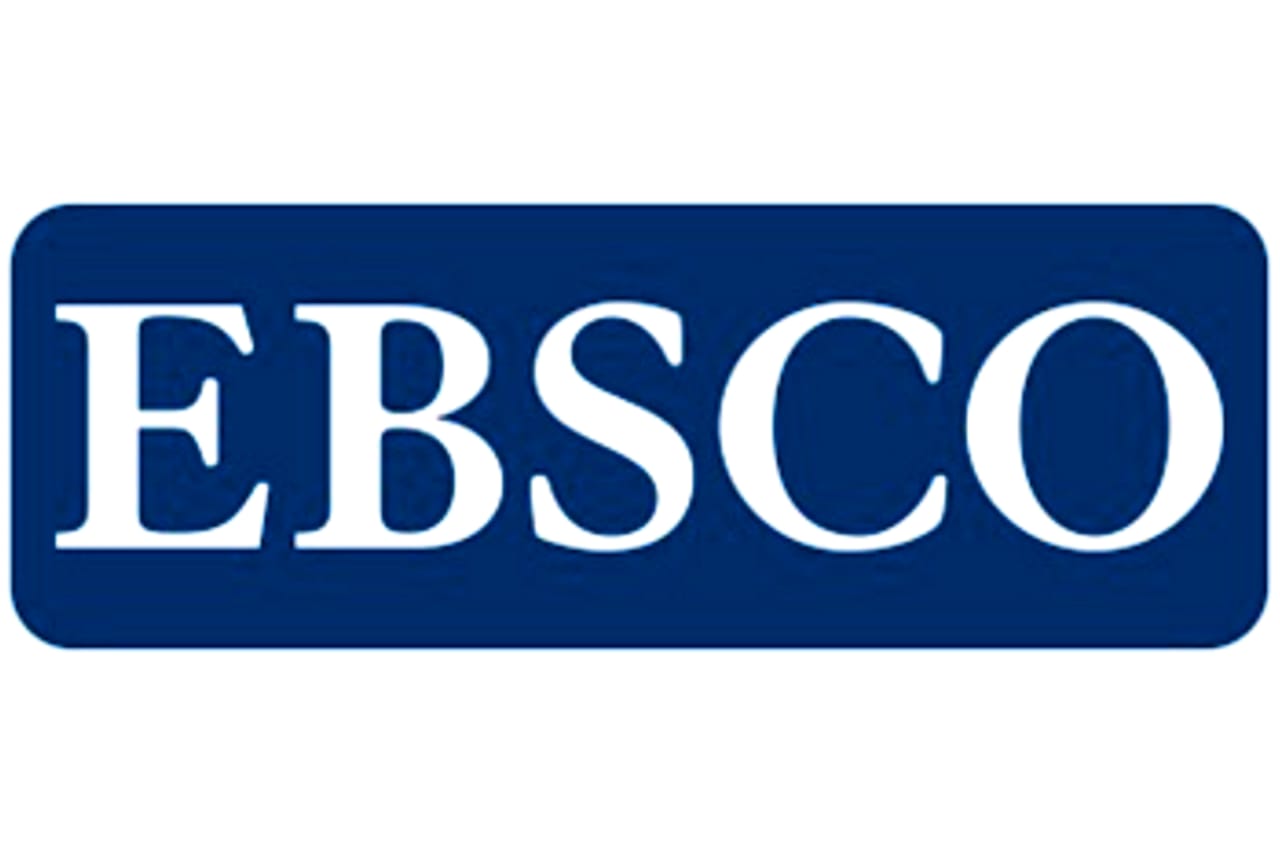The right to not testify against itself in practice of the European court of human rights
Abstract
In article are analyzed the most important decisions of the European court of the human rights, the concerning rights
not to testify against themselves. Evolution of case practice of Court shows that there are some concepts of this right, and
the Court not always consistently adheres to one of them. The main problem is exact determination of nature of the right
not to testify against itself in relation to widespread cases of coercion to a cooperation with the investigation, for example
– to issue of documents and receiving expert samples. Attempts of the European Court to carry out accurate distinction
between oral indications and other proofs look unconvincingly. In particular, the criterion of “objectivity” applied by Court
not always allows to define precisely limits of action and the content of the estimated right of the applicant. Some decisions
contain inconsistent legal positions that causes need of further efforts on the solution of this problem.










